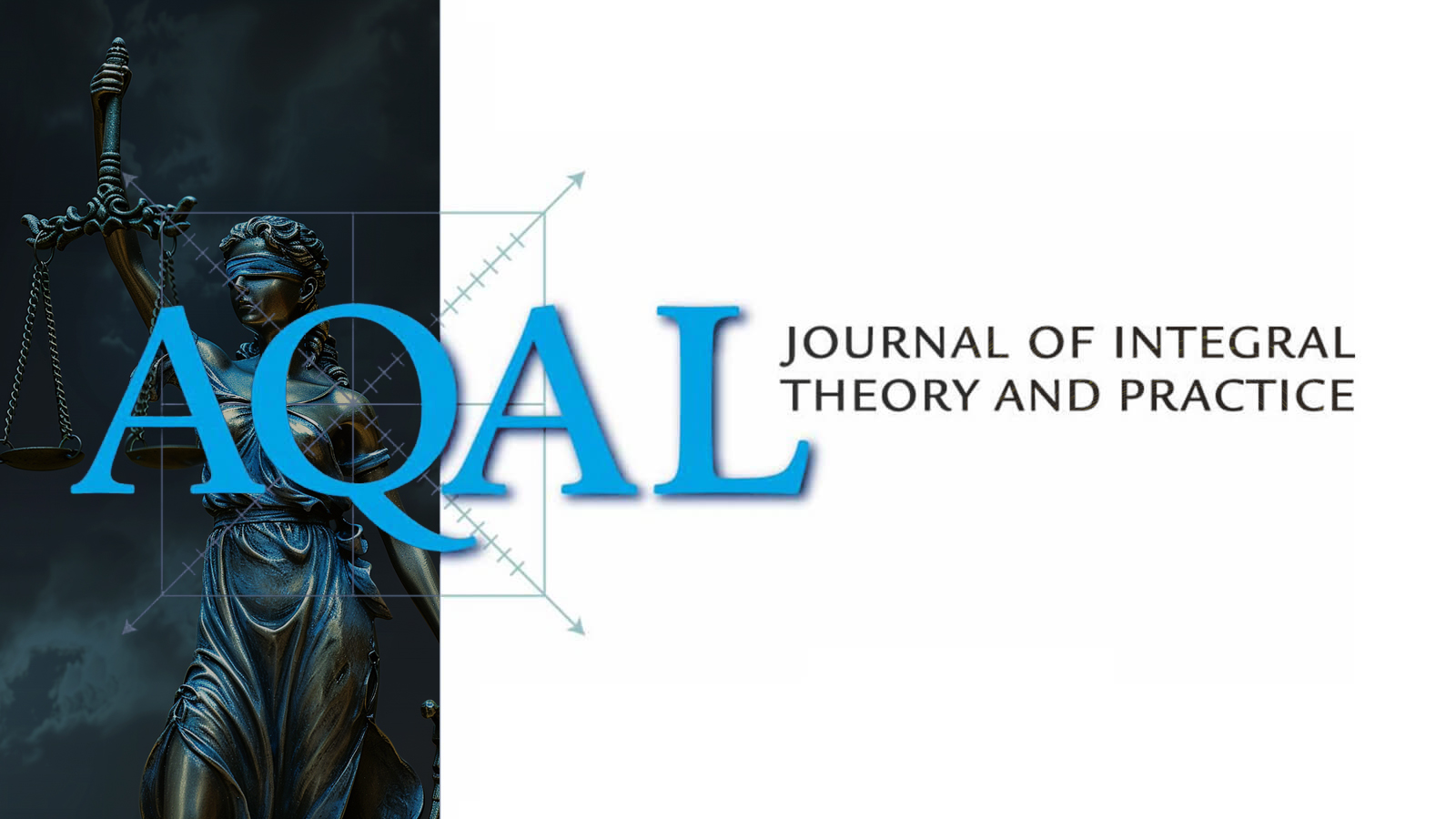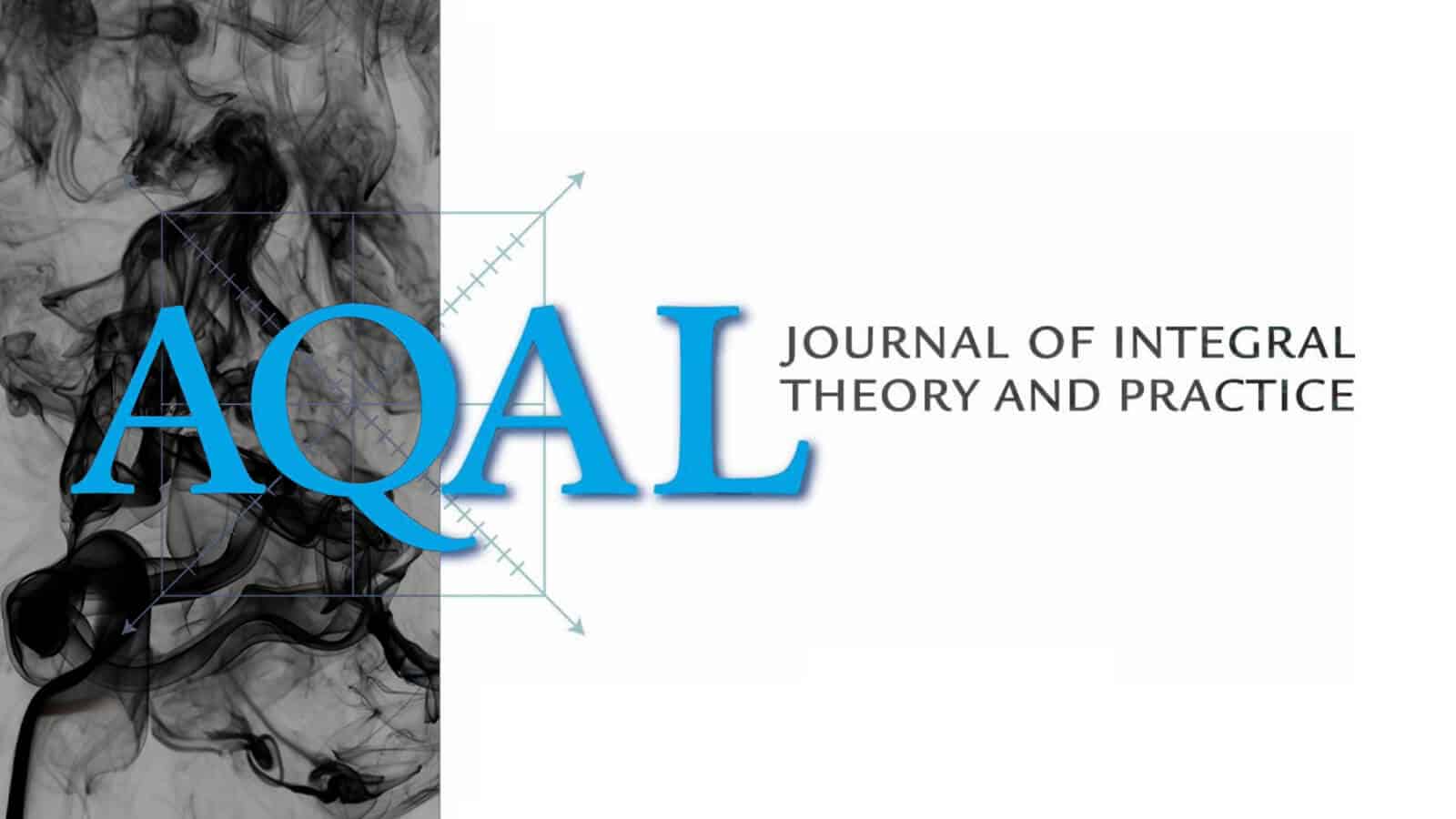This article examines ethical frameworks across levels of human development and via the quadrants of the AQAL model. The ethical line is examined as it progresses through stages of development, paying special attention to the role of the felt sense in the determination of right action. The role of unconscious forces, particularly the felt sense of disgust, is examined as the basis of moral intuition. Integral Ethics includes the ethical framework of the previous stages and an examination of personal motivation for right action. By inquiring into the unconscious drives that move us, we may begin to recognize the cultural...


 February 29, 2024
February 29, 2024 
